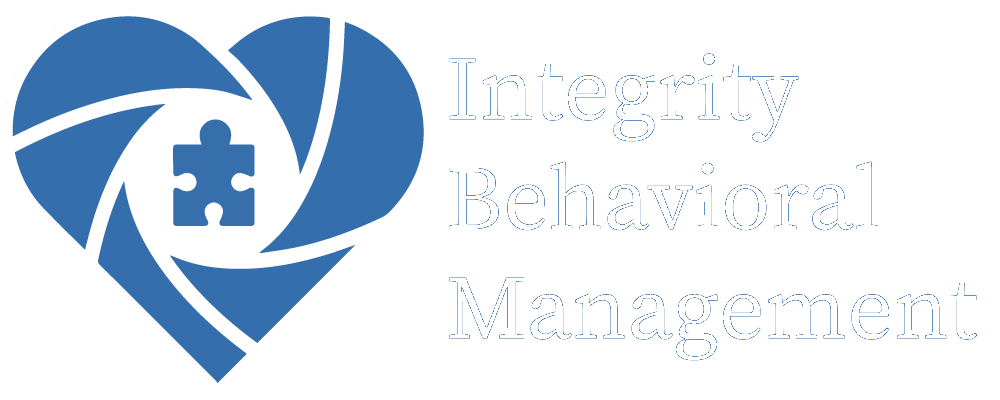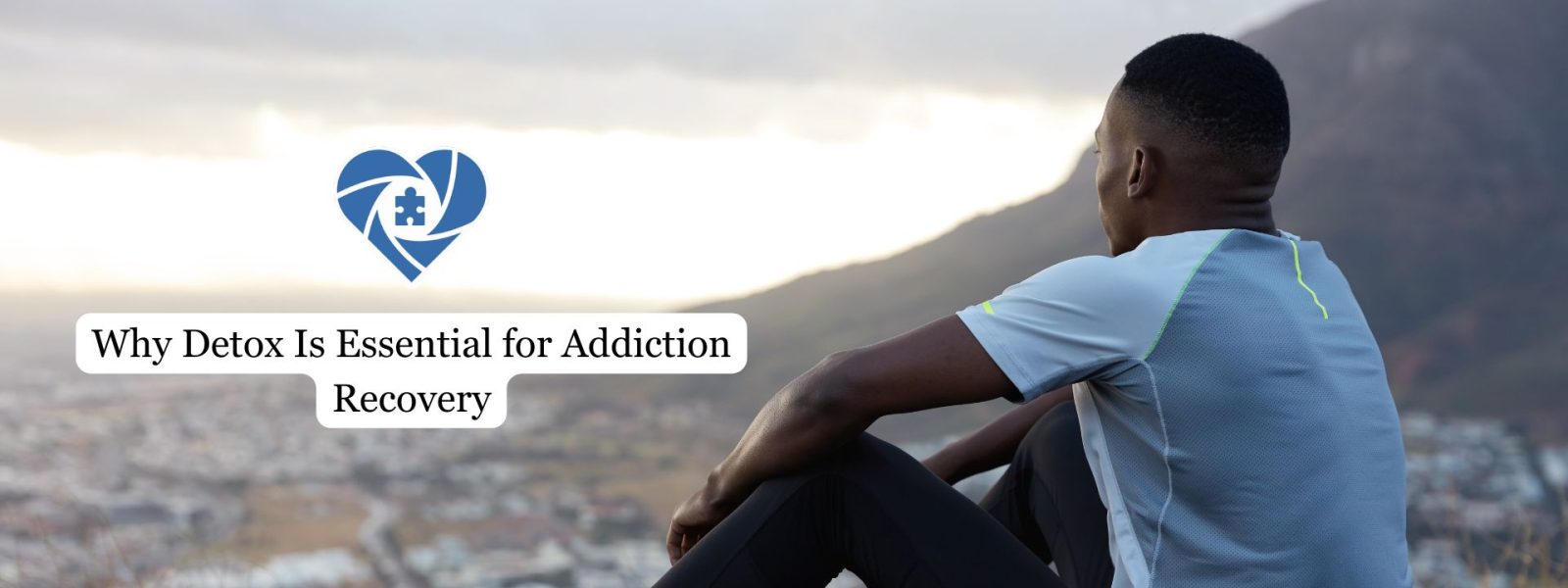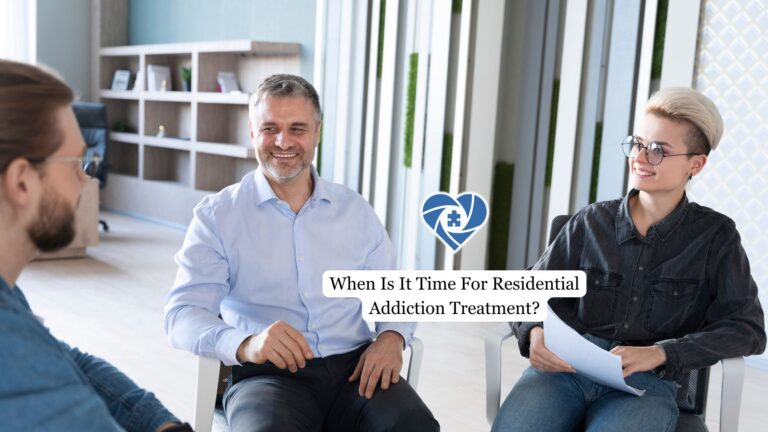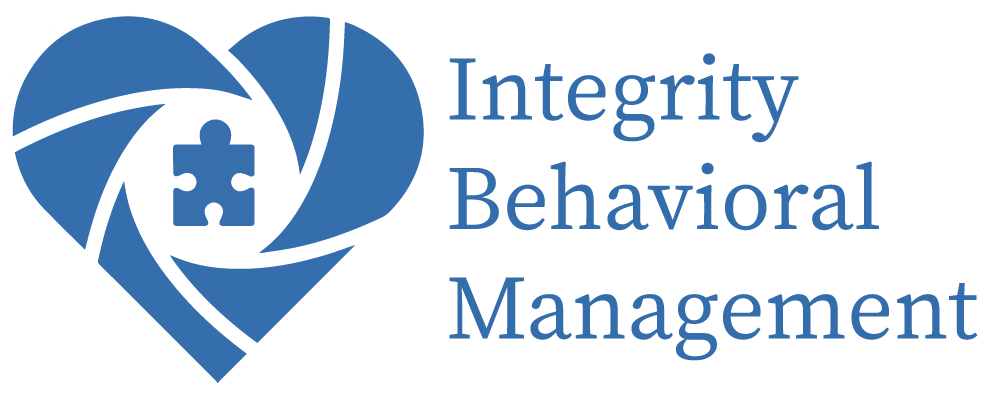Detox is the foundation of addiction treatment and recovery. It is the crucial first step that helps individuals transition from active substance use to a more stable state, breaking the immediate hold of physical dependence.
In this article, we will explore the importance of detox in addiction recovery and how it affects physical health, mental clarity, and overall engagement in treatment.
Understanding Detoxification
Detoxification, often shortened to detox, is the process of eliminating harmful substances from your body, which is essential for treating substance use disorders and managing withdrawal symptoms.
The World Health Organization (WHO) and the American Society of Addiction Medicine (ASAM) stress the significance of detox as separate from withdrawal management, emphasizing its role in laying the groundwork for further treatment.
Effective detoxification can substantially lower the risk of severe withdrawal symptoms, which can vary depending on the substance used and may include potentially life-threatening effects like seizures in cases of alcohol withdrawal.
Medical detox programs offer a structured and supportive environment with round-the-clock care, ensuring that your vital signs are monitored and withdrawal symptoms are safely managed by trained professionals.
A successful detoxification process not only tackles the physical dependence on substances but also incorporates psychological and emotional support, which is vital for long-term recovery outcomes.
Physical Benefits of Detox
Ridding your body of harmful toxins through detox is a critical step in restoring physical health and function after prolonged substance abuse. By eliminating these substances from your system, you’ll begin to heal the damage caused by addiction and lay the foundation for a healthier future.
Detox under medical supervision ensures that you’re safe and comfortable throughout the process. Trained professionals will monitor your vital signs and manage withdrawal symptoms, minimizing the risk of complications.
They’ll also provide support and guidance to help you navigate the physical challenges of early recovery.
As your body adjusts to the absence of drugs or alcohol, you may experience a range of withdrawal symptoms. These can be uncomfortable, but they’re a sign that your system is beginning to heal.
With proper care and support, you’ll emerge from detox feeling stronger and more stable, ready to tackle the next phase of your addiction recovery journey.
Psychological Benefits of Detox
The detox process not only removes substances from your body but also allows you to confront and address underlying psychological issues related to addiction, fostering emotional healing.
You’ll likely experience improved mental clarity and emotional stability, enabling better engagement in therapy and self-reflection. During detox, you may notice a reduction in anxiety and depression symptoms, which are common co-occurring conditions among those with substance use disorders.
The structured environment provides emotional support and helps you develop healthier coping mechanisms to manage stress and triggers. Engaging in detox empowers you to break habitual patterns of substance use, promoting a sense of control over your life, which is essential for long-term recovery success.
Check out what are the main differences between residential and inpatient treatment programs to better determine which program is right for you.

The Detox Process
The detox process involves the medically supervised removal of addictive substances from your body, which is essential for safely managing withdrawal symptoms and stabilizing your physical health.
During detox, medical professionals will monitor your vital signs and provide emotional support, ensuring a safe environment that reduces the risks of complications such as seizures and dehydration.
The severity and duration of withdrawal symptoms can vary based on the type of substance and your individual usage patterns, making professional guidance crucial for effective management.
Successful completion of the detox process can significantly enhance your long-term recovery outcomes by preparing you for the subsequent stages of treatment and improving your receptiveness to therapeutic interventions offered by comprehensive addiction recovery treatment programs.
Preparing for Further Treatment
As you progress through the withdrawal process, detox programs focus on ensuring you’re physically and mentally ready for the next steps in recovery. They’ll provide ongoing support and resources to help you transition smoothly into a comprehensive treatment plan.
Following detox, it’s essential to engage in therapy, counseling, and support groups that address the underlying causes of your substance abuse.
These interventions will equip you with coping strategies, relapse prevention techniques, and the tools needed to maintain long-term sobriety.
These are the various types of outpatient addiction treatment programs provided by most rehabs.
Final Thoughts from Integrity Behavioral Management
Integrity Behavioral Management provides a cutting-edge program for drug and alcohol detoxification. Our skilled team of medical experts and addiction specialists recognizes the distinct challenges associated with early recovery and is dedicated to delivering individualized care that addresses both the physical and psychological aspects of detox. Our program is designed not only to guide you safely through withdrawal but also to equip you for the subsequent stages of your recovery journey.





